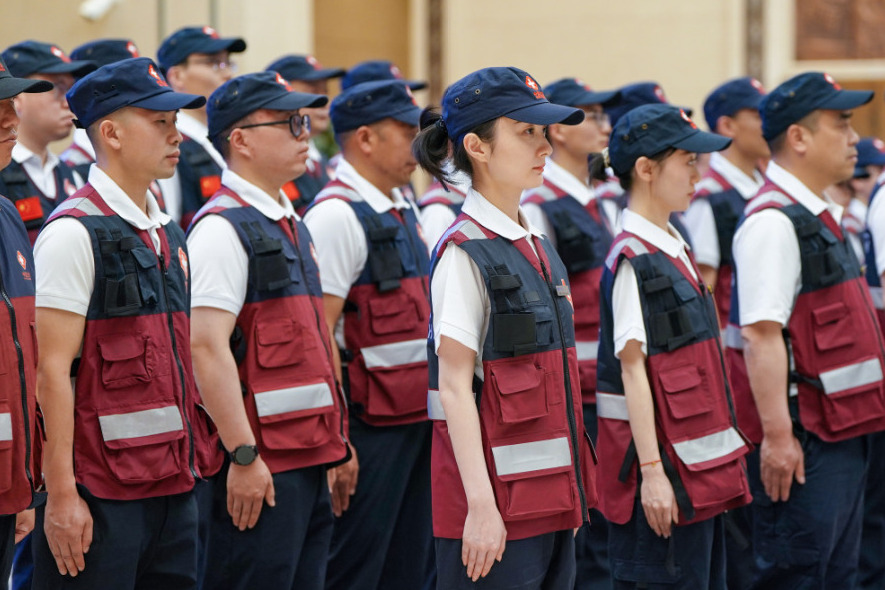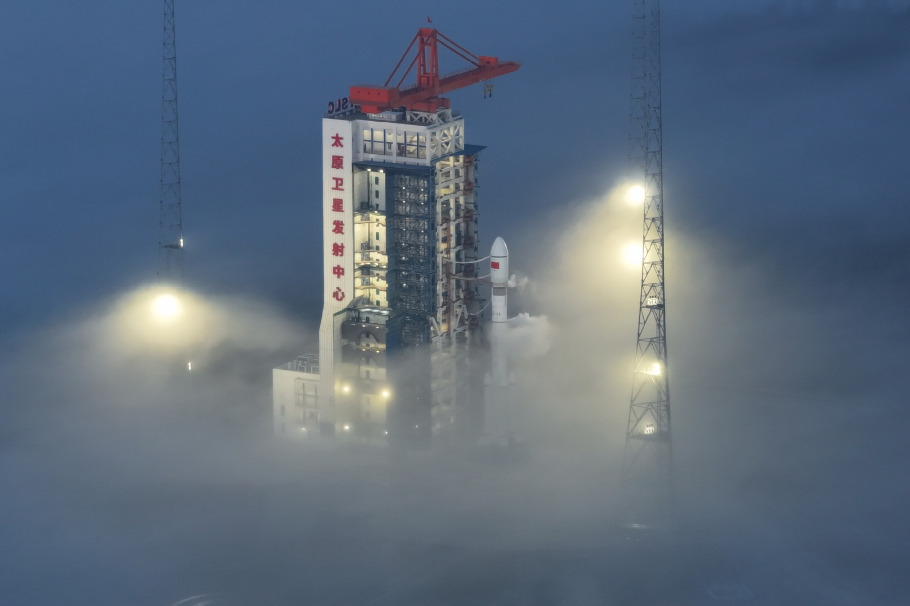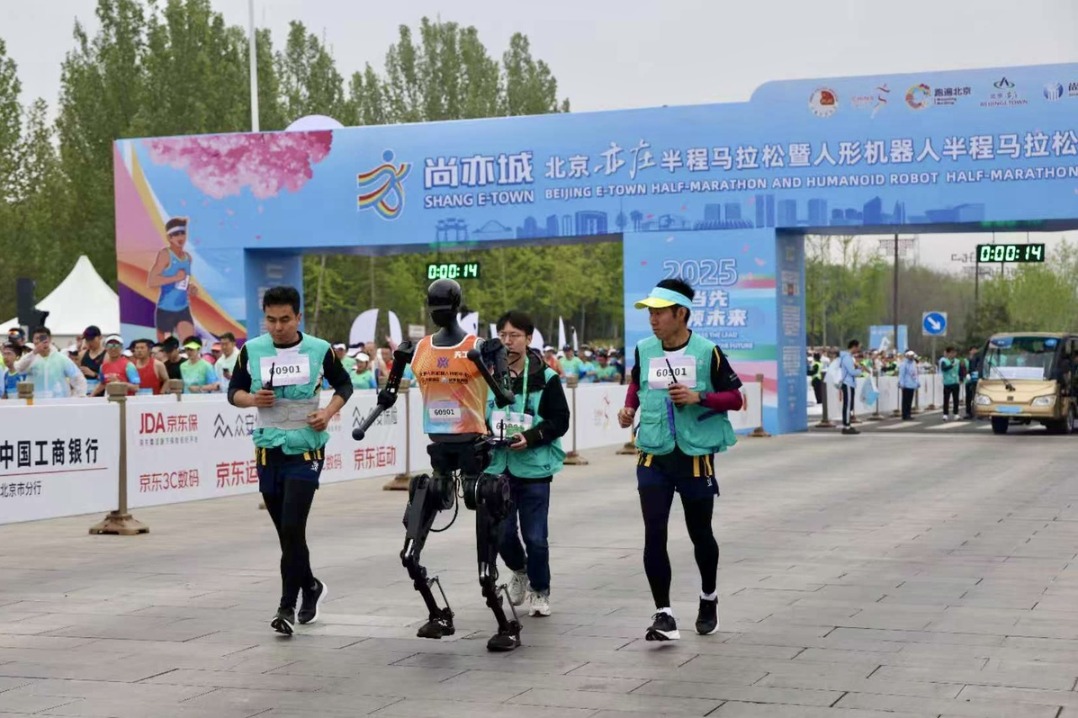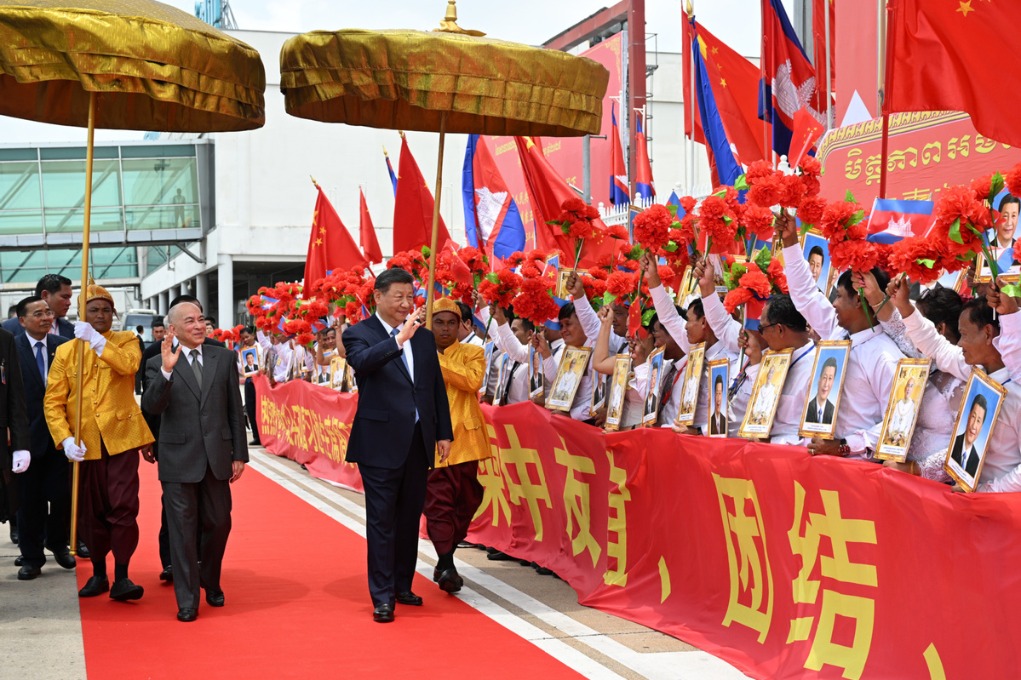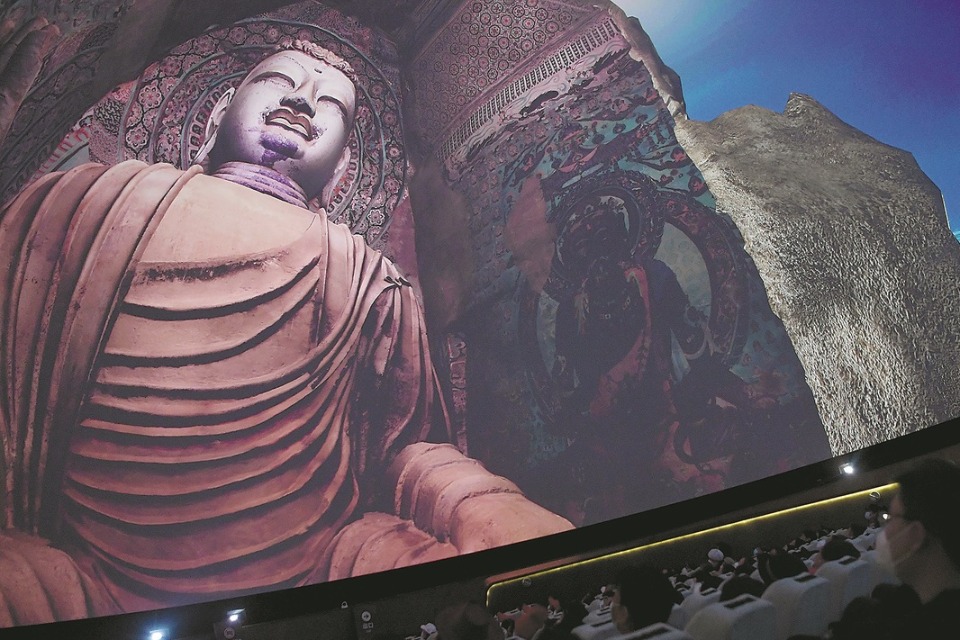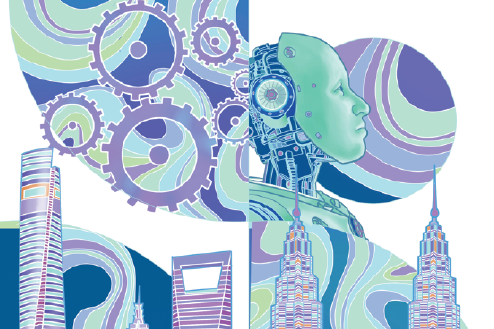For HK, one-country is the bottom line

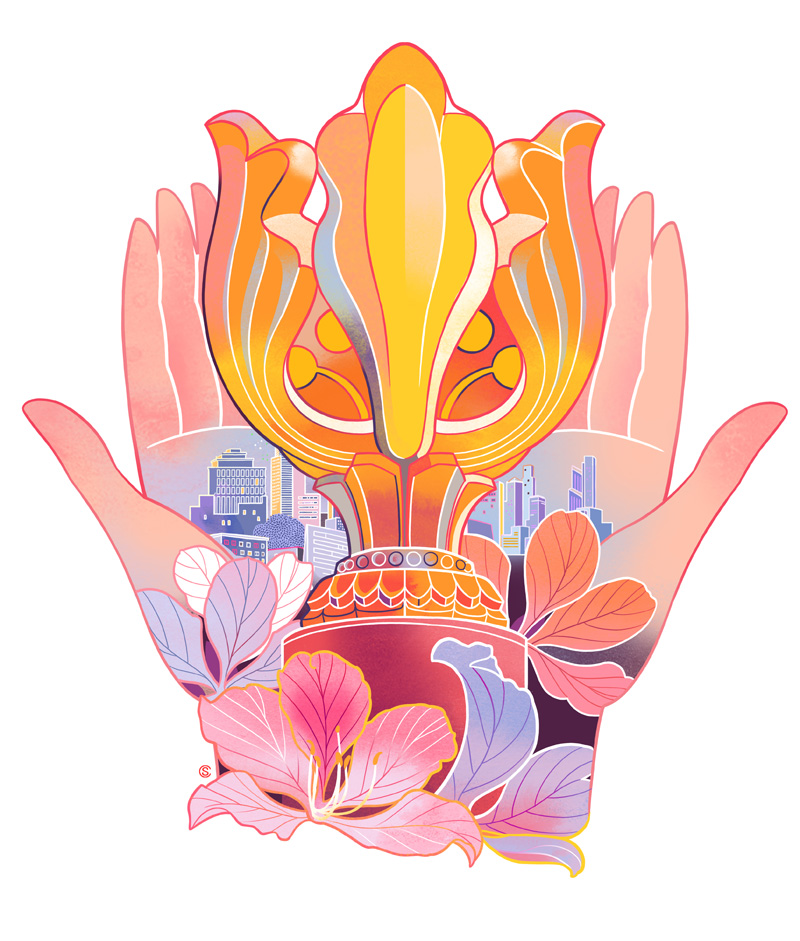
The report of the 19th National Congress of the Communist Party of China in 2017 says "one country, two systems" is the best way to resolve Hong Kong-and Macao-related issues left over from history, and the best system that guarantees the long-term prosperity and stability of Hong Kong and Macao. Which shows the commitment of the CPC and central government to the "one country, two systems" principle.
But in June this year, demonstrators in the Hong Kong Special Administrative Region resorted to violence to protest the proposed amendment to the SAR's extradition law. Worse, they have escalated the violence despite the SAR government withdrawing the amendment bill.
On July 21, the protesters vandalized the Liaison Office of the Central People's Government in the Hong Kong SAR, and dishonored the national emblem. On Aug 3, the violent protesters removed the national flag from a flagpole near the Tsim Sha Tsui Star Ferry Pier and tossed it into the Victoria Harbor. And on Aug 5, they paralyzed Hong Kong's traffic forcing Hong Kong people to inadvertently support their strike.
By unleashing the wave of violence, the protesters have not only undermined Hong Kong's rule of law, social order and economy, and harmed people's livelihoods, but also challenged the constitutional principle of "one country, two systems".
As a practical policy, the main goal of "one country, two systems" is to achieve peaceful national reunification and maintain Hong Kong's long-term prosperity and stability. Since Hong Kong's return to China in 1997, "one country, two systems" has been the operating principle between the central government and the SAR government, and has become an important part of the modernization of the national governance system and capacity.
In fact, "one country, two systems" could be regarded as a systemic concession the central government has granted Hong Kong to boost national development.
In the 1980s, as a prosperous and stable city, Hong Kong helped propel the Chinese mainland's reform and opening-up. No wonder "one country, two systems" and the SAR's Basic Law advocate the preservation of the SAR's pre-1997 institutional system to help maintain the city's prosperity and stability, in order to realize the country's peaceful reunification. That's why Hong Kong's Basic Law has some special arrangements.
However, in recent years, China's rapid economic growth and rising national strength have dramatically changed the SAR's position in the country.
On the other hand, extreme political ideas have found frequent expression in Hong Kong, with some even raising "Hong Kong independence" slogans recently. Which means the "one country, two systems" principle faces a new challenge, and the central government should deal with Hong Kong-related issues more decisively.
"Sticking to 'one country, two systems' and promoting the country's reunification" comprise one of the 14 national basic strategies. Under the guidance of this strategy, the central government is expected to more steadfastly implement the "one country, two systems" principle and strengthen governance over the Hong Kong and Macao SARs. As such, the central government is likely to more effectively promote the rule of law and set the political bottom line for "Hong Kong people governing Hong Kong" to ensure the one-country principle really becomes the basis of the "two systems".
It should be borne in mind that Hong Kong is enjoying a "high degree of autonomy" on the basis of the "one country, two systems" principle.
According to the Basic Law, political expression is one of the basic rights enjoyed by Hong Kong residents. But Hong Kong protesters should never cross the bottom line.
Any activity that endangers national sovereignty, challenges the authority of the central government and the SAR's Basic Law, or uses Hong Kong-related issues to sabotage China's interests is a violation of the bottom line of the "one country, two systems" principle, which will never be tolerated.
The author is a researcher at the Center for Basic Laws of Hong Kong and Macao Special Administrative Regions, Shenzhen University. The views don't necessarily represent those of China Daily.
















